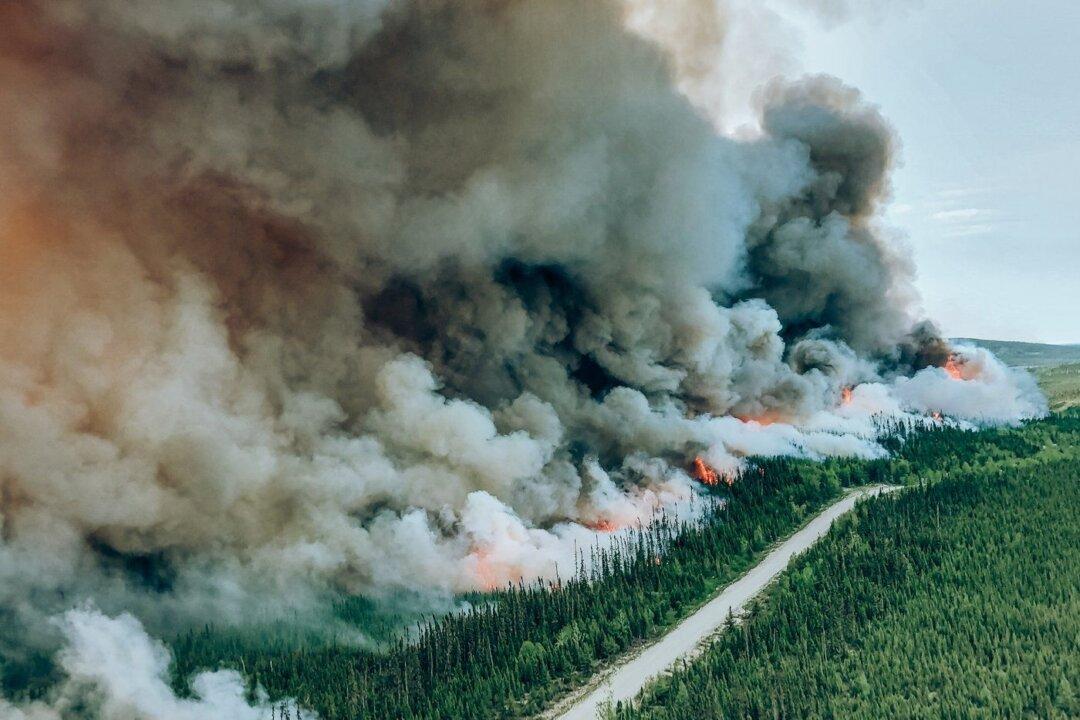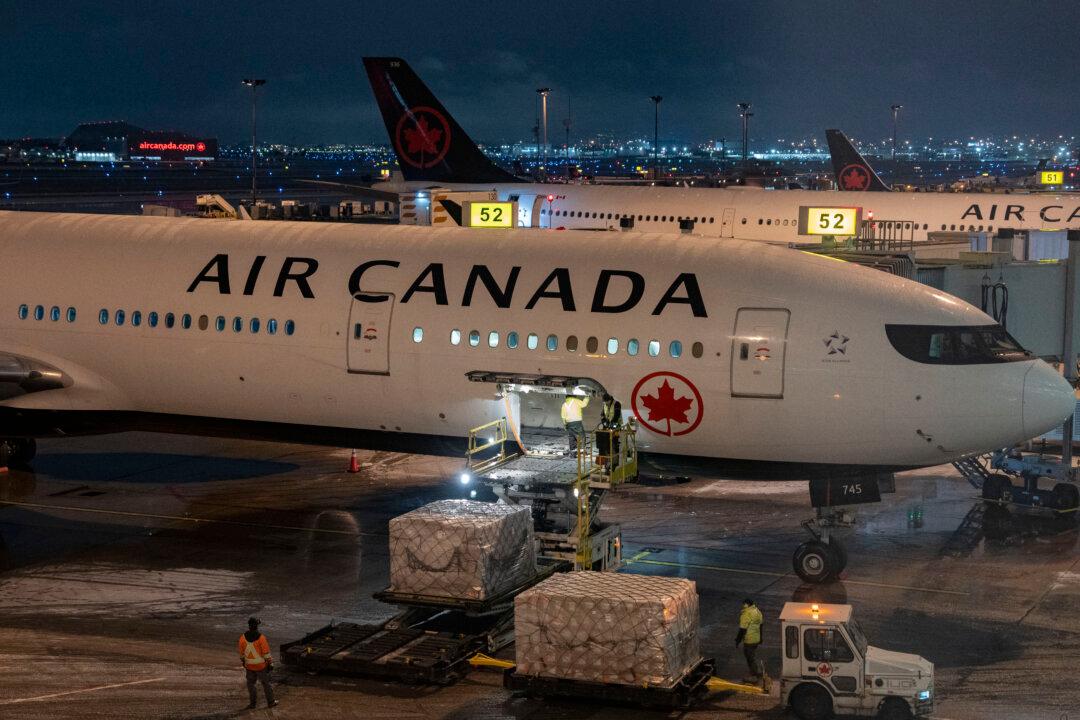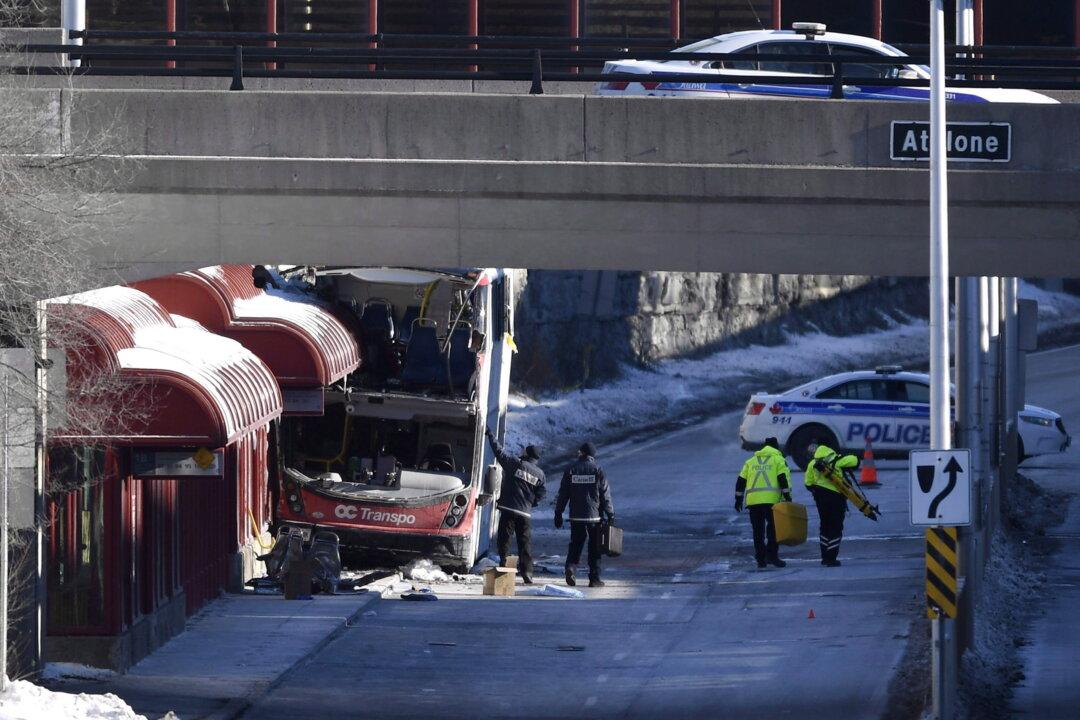A Cree community in northern Quebec was being evacuated Friday because heavy smoke from a nearby forest fire was blanketing the town and threatening to cut off the main road to the south of the province.
The wildfire in Mistissini, Que., was about 10 kilometres from the road to southern Quebec—and about 30 kilometres from the town itself, Chief Michael Petawabno said in an interview. Mistissini is the second largest Cree community in the province, home to around 4,000 people.





